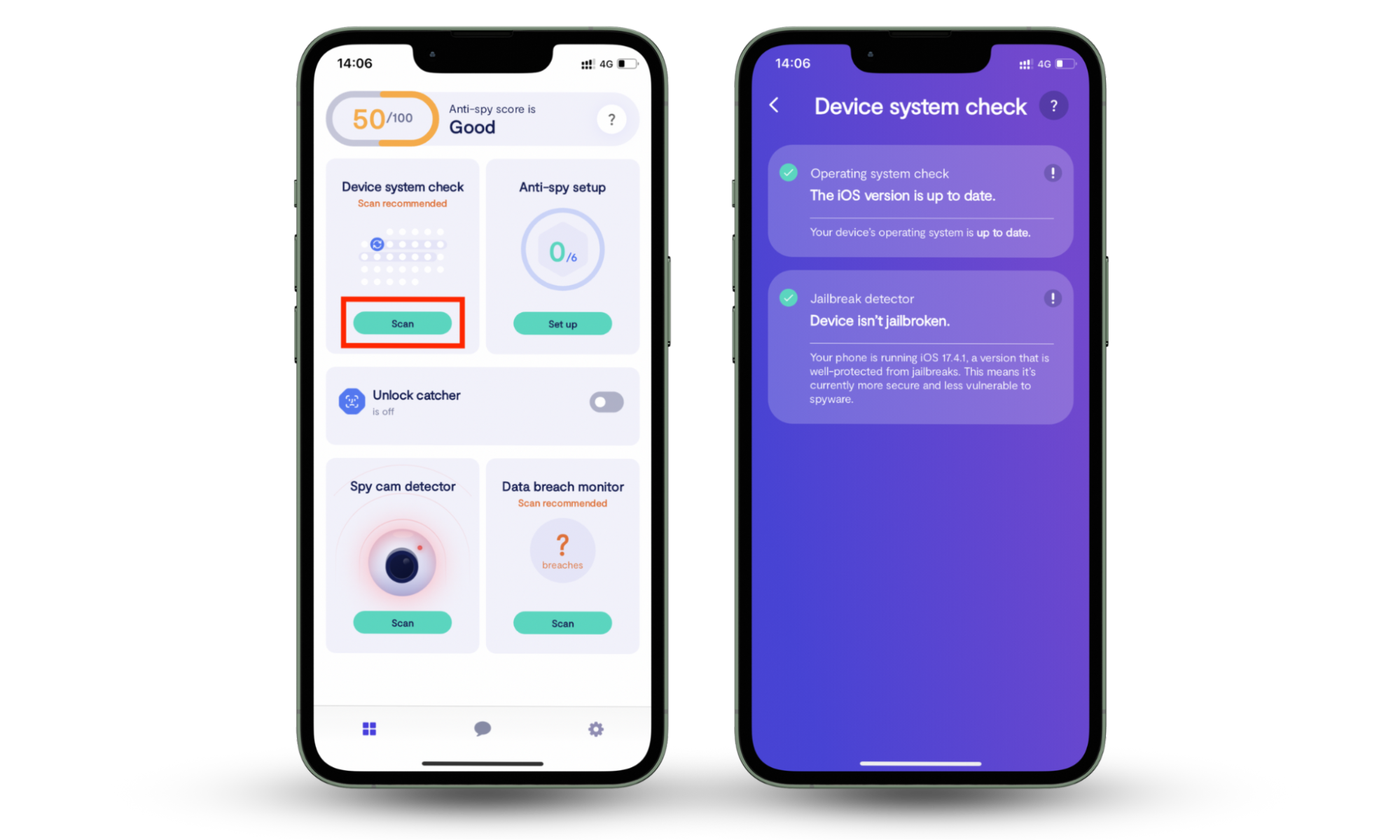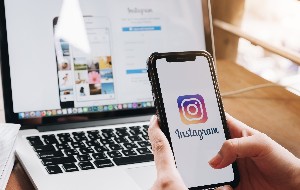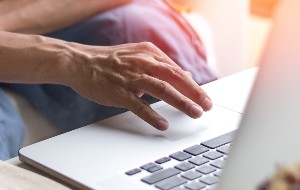Table of contents
- Jailbreaking Definition
- How Can You Tell If a Phone Has Been Jailbroken?
- 1. Check for missing apps
- 2. Check for strange apps
- 3. Scan your phone with Clario Anti Spy
- Jailbreaking—Pros and Cons
- Benefits of Jailbreaking an iPhone
- Jailbreaking Cons
- Security Risks of Jailbreaking
- How to Fix a Jailbroken Phone
- Is Jailbreaking Legal?
- Is Jailbreaking Safe?
- Safety Precautions When Jailbreaking a Phone
- Is Jailbreaking Right for You?
- Is it Possible to Jailbreak an Android Phone?
- What Can You Do with a Jailbroken iPhone?
- Jailbreaking—Is It Worth It?
Jailbreaking Definition
Jailbreaking is the process of removing built-in software restrictions on devices like iPhones and iPads. This is where the name jailbreaking comes from—you’re breaking out of the “jail” of manufacturer limitations.
In more detail, jailbreaking means gaining root access to a device to bypass software restrictions. These restrictions are in place for many reasons, including security, user safety, copyright and legal protections, and revenue protection for the manufacturer.
Jailbreaking is also known technically as “privilege escalation”, where users take advantage of design flaws or bugs to get a higher level of control over the device.
How Can You Tell If a Phone Has Been Jailbroken?
If you’ve just bought an iPhone second-hand and you want to make sure that it isn’t jailbroken, you can easily find out.
Here are three ways to determine whether your phone has been jailbroken:
1. Check for missing apps
If your phone is missing any of the stock iPhone system apps, there’s a good chance your phone has been jailbroken. This is because these apps are only removable with a modded operating system.
2. Check for strange apps
The presence of apps that aren’t available for download on the app signs is a red flag. Cydia is an app that is most often downloaded on jailbroken phones as it’s like the App Store for jailbreakers. To check whether Cydia is installed, use the search app function on your phone.
3. Scan your phone with Clario Anti Spy
Clario Anti Spy can easily check whether your device has been jailbroken. It scans your device for signs of a jailbreak and alerts you immediately so that you can take action.
Here’s how to scan your device for jailbreaks using Clario Anti Spy:
- Open Clario Anti Spy and log into your account.
- Under Device system check, press Scan.
- Wait for Clario Anti Spy to check your iPhone for signs that it’s jailbroken. If it is, you’ll need to factory reset your phone to restore it to secure conditions.

Jailbreaking—Pros and Cons
If you’ve just heard of jailbreaking, you may be wondering whether it’s worth it. There are many benefits and disadvantages to jailbreaking that are worth considering.
But without further ado, here are the pros and cons of jailbreaking your iPhone.
Benefits of Jailbreaking an iPhone
Some of the main reasons people jailbreak their iPhones include:
- More device control. Jailbreaking enables you to delete default apps and bypass restrictions on file management. It also increases the amount of customization you’re able to do, letting you change the look and feel of your device.
- Download more apps. On iOS devices, the only apps you can download are those that have been approved for the App Store. But there are more apps and games available for download on sites like Cydia. Jailbreaking lets you download and use these apps easily.
- Unlock carriers. Once your phone is jailbroken, you can unlock the carrier settings, letting you switch carriers (if your phone was locked).
Jailbreaking Cons
While jailbreaking may sound great, there are several downsides, including:
- Increased chance of a malware infection. Without the protection of the default Apple software, your phone is more vulnerable to malware, viruses, and hackers. This is because every app now has full access to your phone’s file system – so you need to put full trust in the creators.
- Vulnerability to unscreened apps. While Apple screens apps to ensure they don’t contain malware and other malicious code, other app sources do not. So, you may accidentally download a program that contains malware.
- Exposure to legal issues. Downloading apps from non-App Store sources like Cydia can mean accidental exposure to piracy. While it’s unlikely you’ll get in trouble, it will be hard to prove you aren’t a pirate if you have pirated apps installed.
- Loss of warranty. Apple treats jailbreaking as a breach of contract, meaning that your device warranty will be voided.
- Reliance on future jailbreaking techniques. Apple updates often remove jailbreaks (and the vulnerabilities that made them possible) as well as the apps you’ve downloaded. This means that every time you update the iOS, you’ll have to find a new jailbreak technique all over again.
- You might “brick” your phone. While most users report that it’s fairly easy to fix your device if anything goes wrong, there’s always a chance that messing around with your iPhone’s operating system could break it for good.
- You can lose access to iOS products and services. Some services like iCloud, iMessages, and other Apple apps no longer work as well after a jailbreak.
Security Risks of Jailbreaking
Jailbreaking grants deep access to apps that run on your device. While this means you have more customization options, it also means that a malicious app could easily gain root access. With root access, the app could steal your data, lock you out of your device, and much more.
In 2015, malware targeting jailbroken iOS devices resulted in the largest known Apple account theft in history. In this attack, a piece of malware called KeyRaider infiltrated 225,000 jailbroken devices, stealing Apple user names, passwords, device IDs, and private keys.
As explained above, this is because jailbreaking your phone removes the built-in protections that Apple provides.
Without Apple’s pre-screening of apps, you put your trust in the developers – whoever they are. So, if you’re committed to jailbreaking your phone, make sure you take ample time to vet the developers of any app you are going to install. Check reviews, the source code (if you can), and user comments.
Likewise, without Apple’s built-in security protections and consistent updates, you will need to turn to third-party antivirus apps to protect your phone.
How to Fix a Jailbroken Phone
To fix a jailbroken phone and revert it to normal, all you have to do is factory reset it. This process will remove all apps, data, and saved settings, so make sure to back up your device before beginning.
To back up your iPhone, you can use iCloud (or any third-party backup service):
- Make sure your iPhone is connected to your Wi-Fi.
- Tap Settings, then tap your name.
- Choose iCloud.
- Tap iCloud backup and toggle it on.
- Tap Back Up Now and let the process complete before disconnecting your phone from Wi-Fi.
To reset your device to factory default:
- Open Settings.
- Tap General then Reset iPhone.
- Tap Erase All Content and Settings.
Once the process is completed, you’ll have to set your phone up once more and log in to any accounts.
If for some reason you are unable to reset the device, you can use recovery mode to erase the device and restore it to default.
Is Jailbreaking Legal?
Jailbreaking is legal in the U.S. and most countries around the world. However, it’s a bit of a gray area, as there are many things users do post-jailbreak that are illegal.
For example, using a jailbroken phone to access illegally acquired apps is illegal.
Further, specific laws vary around the world, and in many countries a jailbreaking case has never been taken to court, meaning there are no precedents.
Apple does not support jailbreaking and treats it as a breach of contract. However, they typically don’t threaten jailbreakers with legal actions.
Is Jailbreaking Safe?
Not necessarily.
A jailbroken phone has far more security vulnerabilities than an unbroken one, as we discussed above.
The risks of jailbreaking include:
- No more security and firmware updates
- No screening for side-loaded apps
- Potential stability issues
These make your device more vulnerable to the latest security threats including malware. Because of this, it also puts your data at risk.
If a hacker or scammer manages to get access to your device files, they may use it to blackmail you, scam you, or steal your identity.
For this reason, it’s also worth considering who owns the phone you’re going to jailbreak. If it’s a phone given to you by your employer, you may be putting more than just yourself at risk – you could be putting the organization and their other employee’s data at risk, too.
Safety Precautions When Jailbreaking a Phone
If you are determined to jailbreak your phone, there are some things you can do to protect yourself and minimize the risks.
Note: These precautions will lower the risks, but not remove them. Jailbreaking your iPhone may reduce its security measures, increasing your vulnerability to hackers and malware.
- Back up your data. Backing up your data using iCloud or another service will ensure that you don’t lose it if the jailbreaking process bricks your phone. Likewise, if you fall victim to malware, backing up your data means that you will still have access to it.
- Double-check app sources. If you download apps from third-party sources like Cydia, make sure to do your homework first. Apple has teams of people who screen and double-check every app that’s on the App Store. When you jailbreak, you take on that responsibility yourself. Check comments and reviews, and make sure you choose trusted creators.
- Use a security solution. A powerful mobile security app like Clario Anti Spy can help secure your device against spyware and help you protect your privacy.
Is Jailbreaking Right for You?
Whether you should jailbreak your iPhone or not depends on what you want to get out of your phone. If you want the added customizability and functionality that come with a jailbreak and don’t mind the increased security risks, then jailbreaking is probably right for you.
But, if you’re worried about potential cybersecurity threats and aren’t sure if you can protect yourself against them, jailbreaking might not be right for you.
We recommend that before jailbreaking your phone, you:
- Do your homework. Learn how jailbreaking works. Choose a trusted method to jailbreak your iPhone, and follow all instructions carefully to avoid damaging your device. Double-check any apps you download from third-party sources. Finally, make sure you take precautions so that in the event of a malware infection or system failure, you’re safe.
- Back up your phone. If all of your data is backed up, you won’t lose it when something goes wrong. Backing up your data also means that if you have a change of heart and want to revert your phone to normal, you can.
Is it Possible to Jailbreak an Android Phone?
Yes – kind of. It technically isn’t possible to jailbreak an Android phone, but it is possible to root it. Rooting is only one part of the jailbreaking process that grants users privileges as an administrator.
Because Android phones have far fewer restrictions and don’t require the added steps that are required to jailbreak an iOS device, rooting is sufficient.
When you root an Android, you gain full access to the system files, commands, and folder locations, as well as added customization options.
What Can You Do with a Jailbroken iPhone?
When you jailbreak your iPhone, you gain access to several new abilities, at the cost of added security risks.
Jailbreaking your iPhone lets you:
- Take more control over which apps you delete and download
- Customize your home screen and personalize icons, layouts, and more
- Add non-Apple icons, ringtones, and browsers
- Use your iPhone as a Wi-Fi tether
- Unlock your phone and switch service carriers
Jailbreaking—Is It Worth It?
With the latest iOS version, Apple has incorporated several of the features that people used to have to jailbreak their phones to access, making jailbreaking less and less worth it. But you may still want to jailbreak your phone to gain access to the deeper customization abilities and third-party apps.
However, hackers and scammers might also try to jailbreak your iPhone as it’s the only way they’ll be able to install monitoring software. To find out if your device has been compromised, use Clario Anti Spy’s Device system check.


